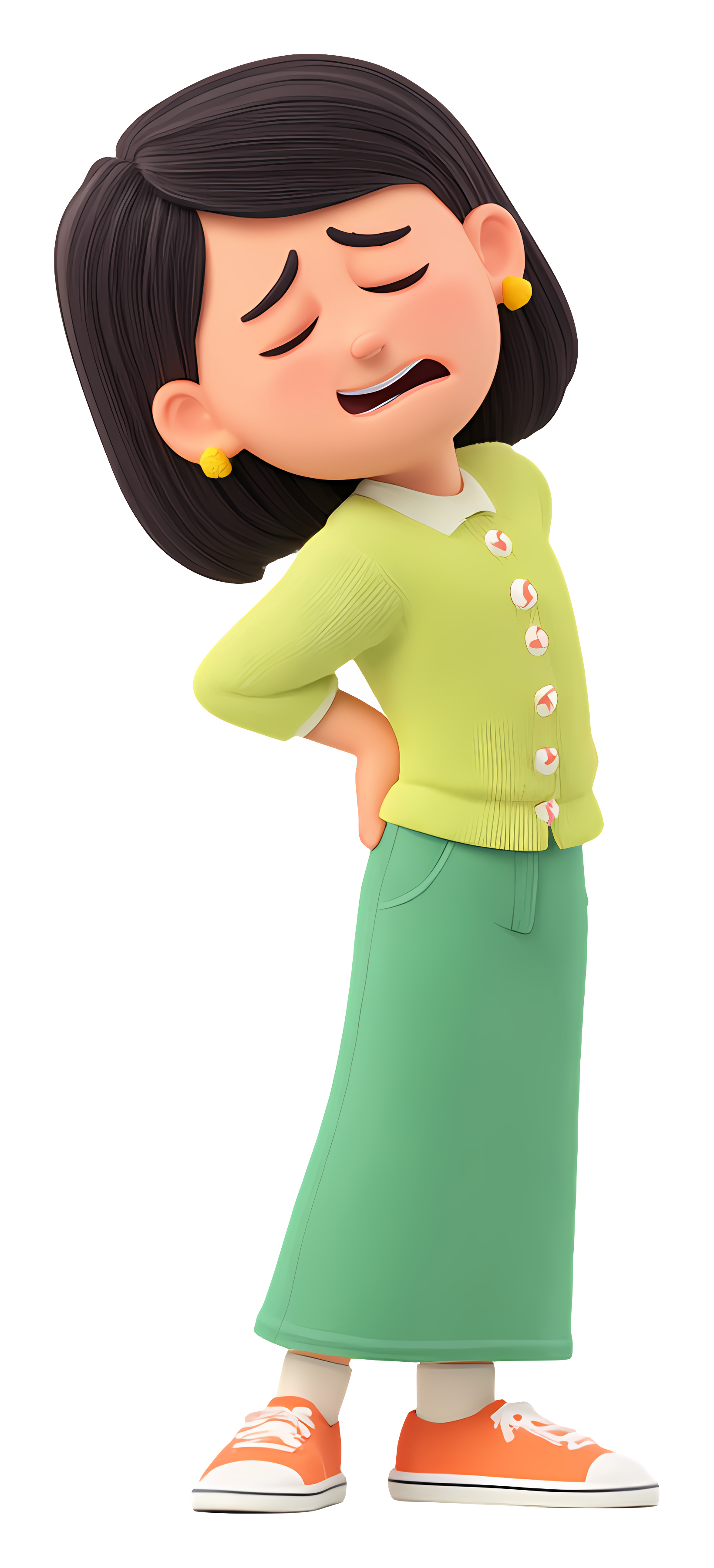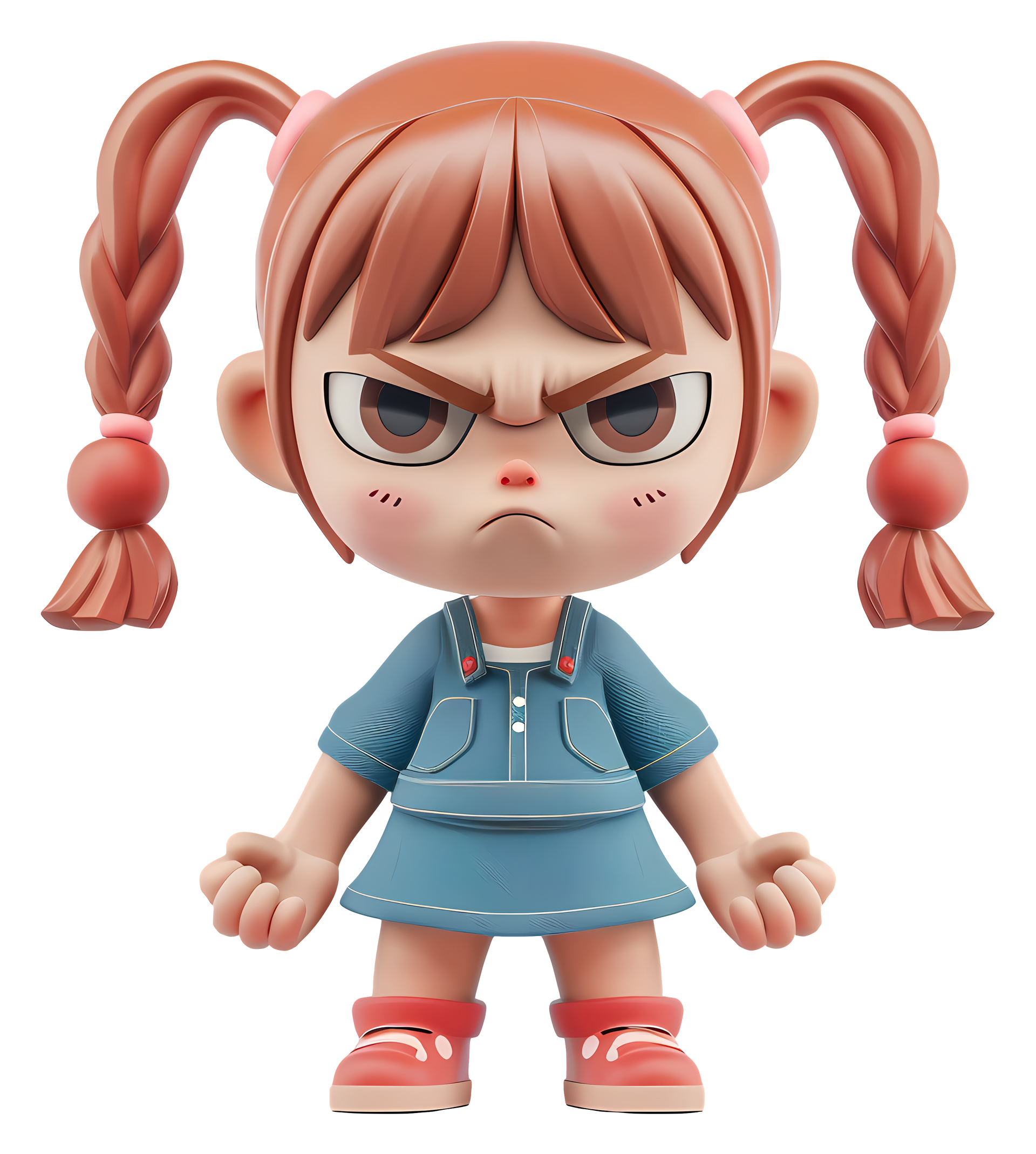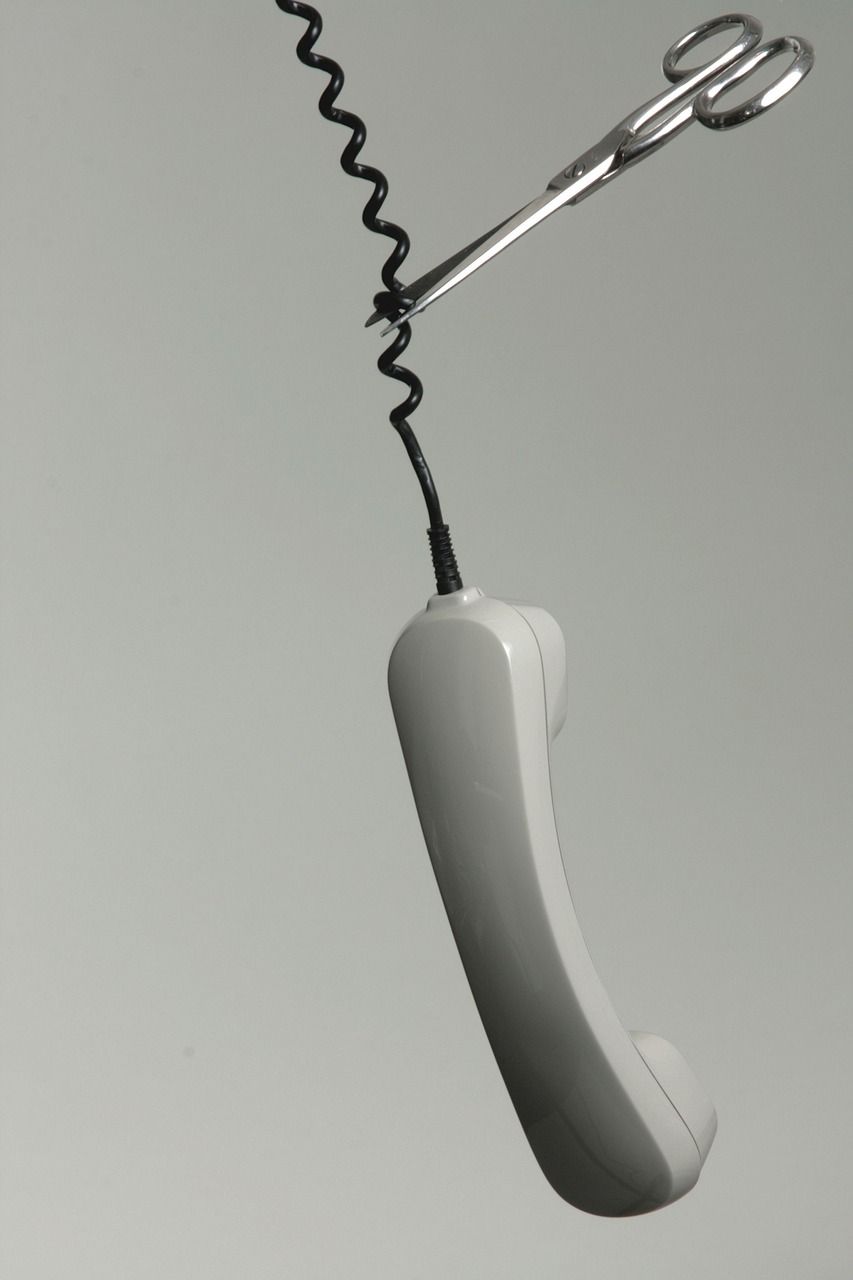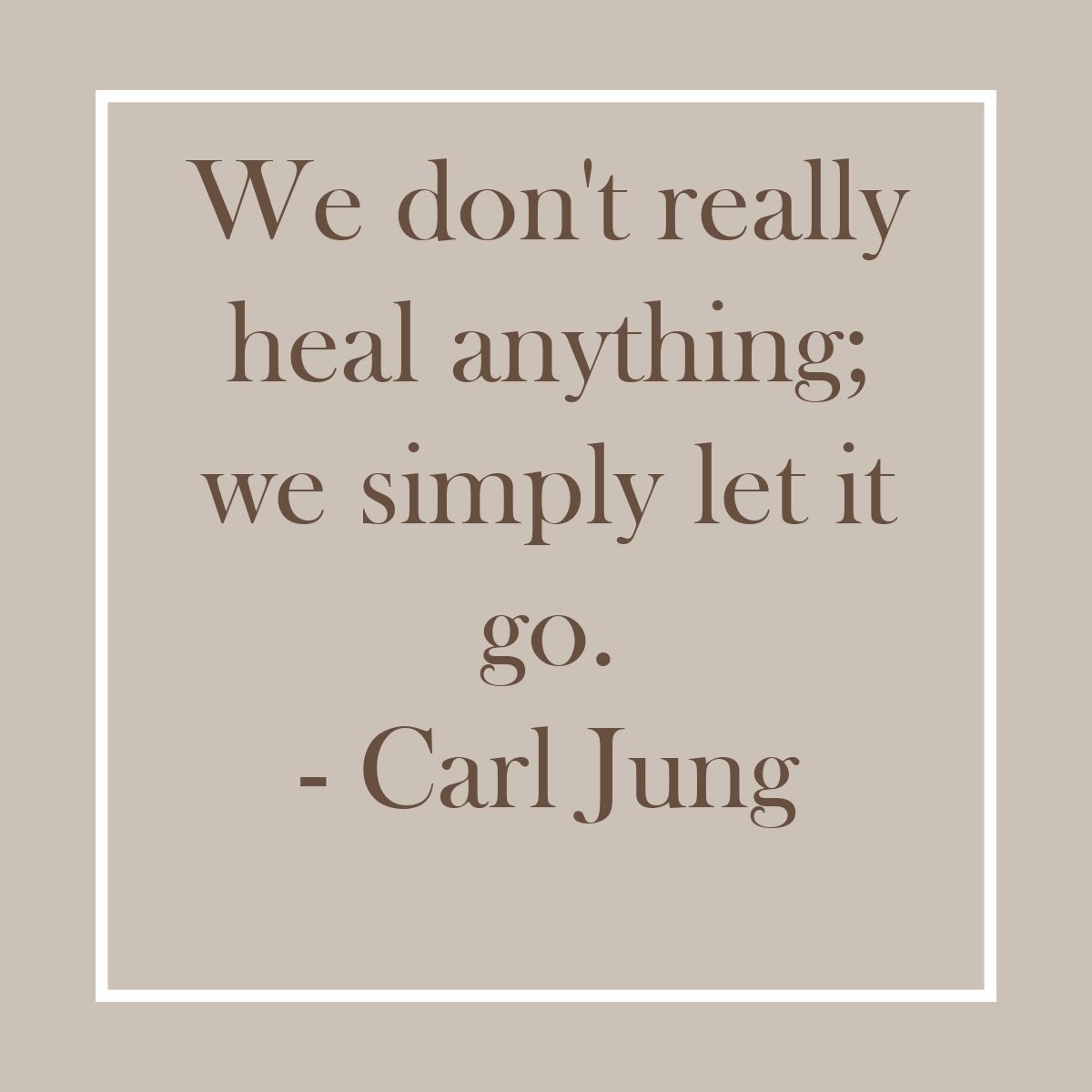The path to health part 3: hydration
 Look at this picture of a cell. You see how all the little components are floating around in the cytoplasm? That cytoplasm is 80% water and there are trillions of these cells in our body. Water also makes up 92% of our blood, which is responsible for carrying nutrients throughout our body; it is part of the fluid that lubricates our joints (synovial fluid) and the serous fluid that cushions our organs; it is required to maintain consistent body temperature; and it is a necessary component in urine and feces – both of which are required to remove waste. Water truly has an extraordinary number of functions in the body, so it should make perfect sense that proper hydration is in my series on basic needs for health.
Look at this picture of a cell. You see how all the little components are floating around in the cytoplasm? That cytoplasm is 80% water and there are trillions of these cells in our body. Water also makes up 92% of our blood, which is responsible for carrying nutrients throughout our body; it is part of the fluid that lubricates our joints (synovial fluid) and the serous fluid that cushions our organs; it is required to maintain consistent body temperature; and it is a necessary component in urine and feces – both of which are required to remove waste. Water truly has an extraordinary number of functions in the body, so it should make perfect sense that proper hydration is in my series on basic needs for health.
Did you know that a high-level athlete will notice a drop in exercise performance when only 2% dehydrated? In no way does this mean that only athletes need to be concerned about optimal hydration; what it does mean however, is that the body stops working as well when it’s even a little short of all the water it needs. Athletes put tough enough demands on their bodies that they actually notice a difference right away, but the same is true for everybody: nobody can function at their best if they are not fully hydrated.
Imagine what happens to all those processes if there’s not as much water. If there’s less water in the cytoplasm of the cell, how do all those cell components get around as easily? If there’s less water in the body, our blood will be more concentrated, too, and nutrients cannot travel through so easily. Inadequate fluid in the blood is literally toxic to the body…we eliminate toxins through urine, feces, and sweat…if we don’t have enough water, how can we get rid of them? The list goes on and on. Is it any wonder a little dehydration can have such a profound impact?
Symptoms of dehydration include dry mouth, headache, fatigue, and muscle weakness. Ever been drinking at got a hangover the next morning? Alcohol is a powerful diuretic, causing the body to excrete lots of water. The symptoms of a hangover are in large part due to dehydration. (tip: drinking a large glass or two of water before bed can go a long way towards reducing hangover symptoms in the morning)
So how much water do you need? Just as we’re not all the same size, and we have different levels of activity, there’s no one-size-fits-all recommendation for fluid intake. You may want to check out my earlier blog post detailing why the belief that everyone needs 8-cups of water a day is incorrect. The very best way to see if you’re on track is to check your urine. If it’s pale yellow to clear, your fluid intake is good. If it’s darker yellow and/or strong-smelling, you’d better drink up!
What to drink? Actually, you don’t necessarily need to drink your fluids to be well-hydrated. Consuming foods with a high water content also counts towards meeting your needs: fruits, vegetables, soups, even pastas and grains that absorb fluid while being cooked, all of them add to our fluid intake. Foods that melt – like ice cream, jello, and popsicles for example- also count as liquids. As for drinks, almost anything goes. Caffeinated beverages can have a mild diuretic effect, but it wears off on people who consume caffeine regularly, so even tea and coffee count for regular consumers. Alcohol, unfortunately, as I mentioned earlier, is a diuretic and forces the body to lose more fluid than is taken in. A good rule of thumb is to take in two glasses of water for every one serving of alcohol consumed.
Suddenly feeling thirsty? Me too. Go on…grab a drink.
Go on…grab a drink.
To your health!













